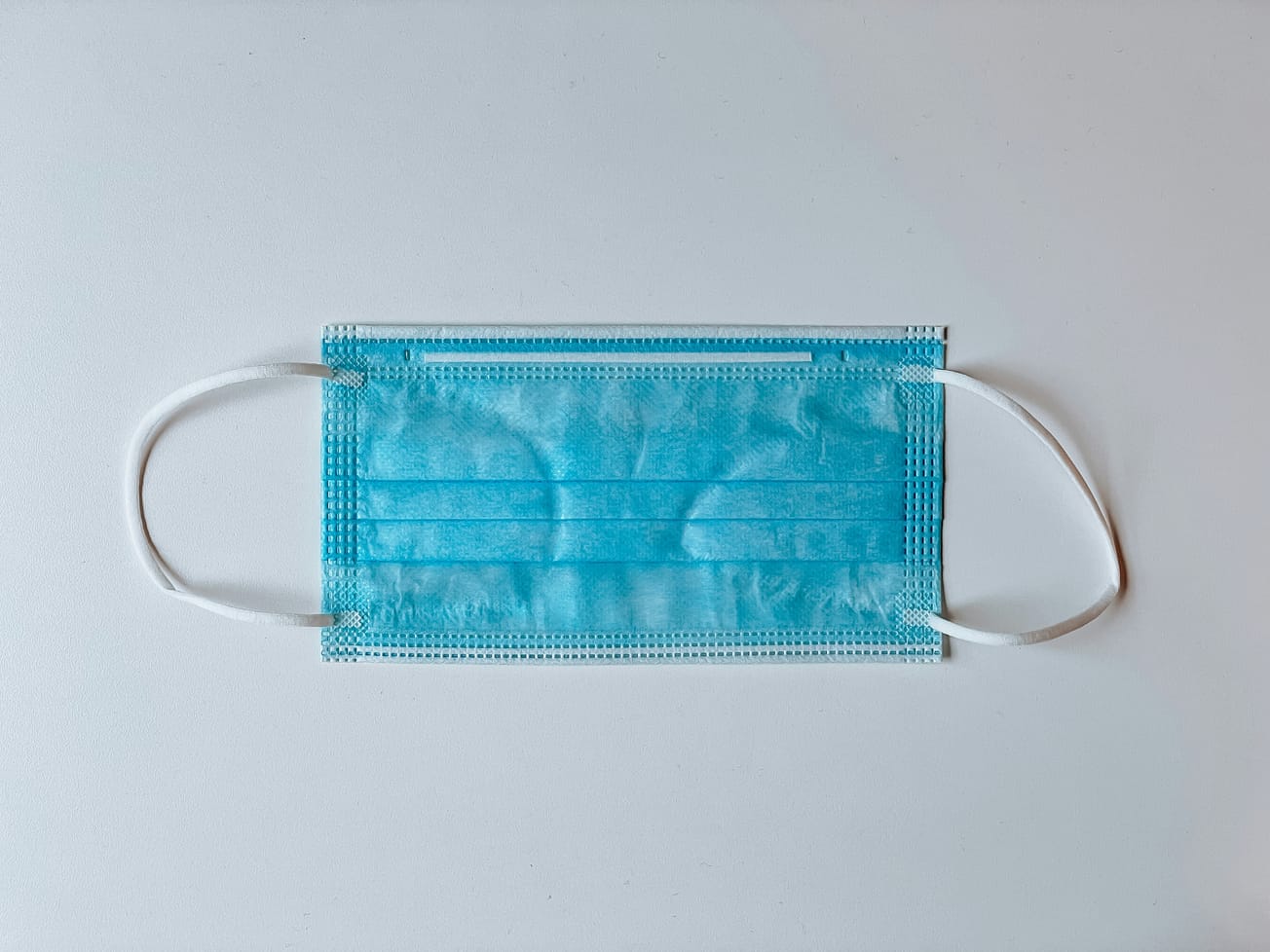By Maia Miller-Lewis, Deputy Online Comment Editor
Those who culturally appropriate should be forgiven: it is likely they are just naive.
As 21st century, social media driven students, accusations of appropriation are everywhere.
According to the Oxford English Dictionary, cultural appropriation is defined as ‘the unacknowledged or inappropriate adoption of the customs, practices, ideas, etc. of one people or society by members of another and typically more dominant people or society.’
This definition certainly has a place within societal discourse, which is becoming increasingly defined by globalisation.
But, what does the accusation of appropriation actually apply to? Where is the line drawn between inappropriate adoption and open, free choice?
Take the example of dreadlocks.
We are all Bristol students, we have all seen some dreads out and about. Although surrounded by fierce debate about their origin, it is undeniable that dreadlocks have significant historical purchase within African culture. Even more so, if we are all honest, even if seeing a white private school boy donning blonde locks does not offend you from a cultural standpoint, it can still make you groan.
But when accusations of appropriation are directed specifically at white peoples wearing them, as happened to Cory Goldstein, a student at San Francisco State University in 2016, it strikes me that the accusers are missing a crucial piece of the puzzle. That is, Human ignorance.
Girl it’s not cultural appropriation. I’m black and I don’t have an issue with it and neither does anyone in my family or my friends. All I see are white people having an issue with it. It’s HAIR. There are people dying in other countries and you’re mad about HAIR? #cantrelate
— Asante Burk (@asantebaemua) September 28, 2018
When you see someone wearing dreadlocks, it is more than likely that they have not even thought about the possible ramifications of their choice. They have not done it to slight someone elses’ culture, or even out of a sense of privileged greed. They have done it because they liked the style.
Living in Bristol, having dreadlocks probably goes with the new-age vegan hippy vibe they are cultivating. You all know the ones I mean. Of course, this does not exempt said person from criticism, and rightly so. We should all be more mindful of the choices we are making.
Whereas white people see dreadlocks as an on-trend and funky choice, black people are routinely subject to scathing criticism for adopting the style.
But, we should also be mindful of the barriers we could be building and of the missed opportunities to celebrate, embrace and enjoy each other cultures.
When I was seven, I was desperate to own a sari. Having seen women looking absolutely stunning in the delicately made, vibrant garments - I was transfixed. I did not intend to appropriate Indian culture. I just wanted to share in the beauty and reflect women I saw as strong and creative.
Of course, I was a child, so there is some leeway, but my point is part of a bigger picture.
Identity is built from a variety of influences, some naturally from groups that we are not born into. Especially as students, for the first time for many of us, we are immersed in a diverse melting pot, full to the brim with people from all over the world.
We take from everywhere and anywhere, consciously and unconsciously all the time in an attempt to carve out our place - our personality.
It is inevitable that there will be unintentional cultural overlap.
Accusations of cultural appropriation can sometimes inhibit this process, making kind, open people anxious and reluctant to fully engage in fear that they will do something wrong, somehow offend people without that intention.
Is this cultural appropriation or appreciation? #Ethiopia pic.twitter.com/I1Z9tUcugp
— Uገሬ መስፍን (Hagere) (@hagerenesh) September 27, 2018
It is good to be aware, to acknowledge privilege. After all, the very fact that I can write this article and have this opinion is a privilege. It is a little comical that I have even written this article, given that I am a white middle-class woman from a prosperous city in England.
But, it is an issue that needs to be engaged by all fronts, on all sides, with noboday being able to cop out.
What we need is exactly what is happening - debate, discussion and conversation.
I want to be told if I am doing something offensive, to understand and expand my naïve perspective. But I also want to enjoy the multicultural environment I have become a part of.
Featured image: Unsplash/Toa Heftiba
Do you have an opinion about cultural appropriation? Write for Epigram!









